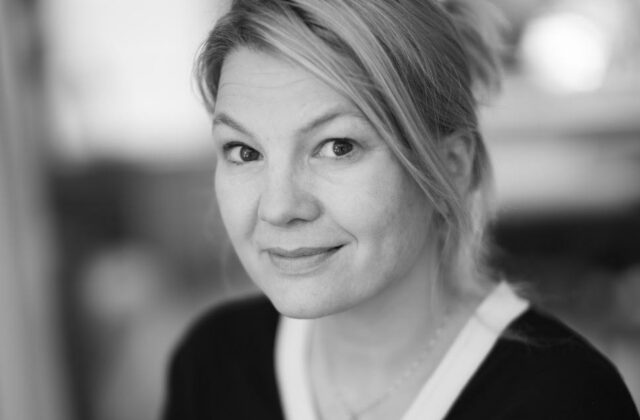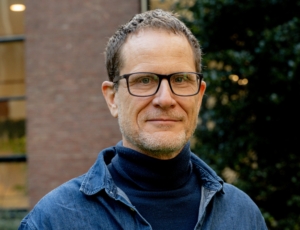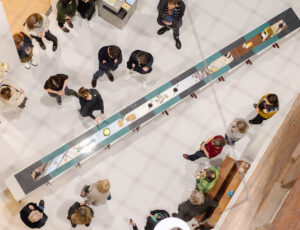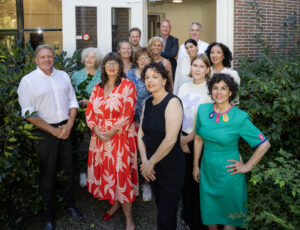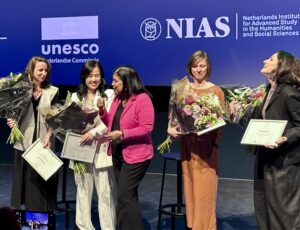Eveline Crone‘Curiosity is one of the most important cornerstones of human cognition and at the same time one of the most poorly understood cognitive constructs.’
The Distinguished NIAS-Lorentz Fellowship (DNLF) is set up by the Netherlands Institute for Advanced Study (NIAS-KNAW) and the Lorentz Center to promote cutting edge interdisciplinary research. The Fellowship is awarded to a leading scientist working on research that, in essential ways, combines perspectives from the Humanities, Social Sciences, Natural Sciences, and Technological Sciences.
About Eveline Crone’s research
Eveline Crone has a specific interest in the developing human brains and its cognitive functions. Her work on brain imaging in young individuals is groundbreaking and has led to numerous scientific discoveries and recognitions. For example, Crone demonstrated that brain regions that are important for learning, show development changes during adolescence. She also recently found out that adolescents who report stable and warm friendships across adolescence show heightened activation in reward centers of the brain when gaining awards for their friends.
Aim of the fellowship research: new theory on emerging curiosity
At the basic psychological level, curiosity has been of interest to psychologist for centuries, but little progress has been made in developing a unified theory of curiosity. Crone wants to develop and propose a new theory on emerging curiosity which argues that changes in the human brain during adolescence may reflect a transition period for curiosity. The development of curiosity is expected to be of importance for taking social responsibilities and to aid rapid adaption to different contexts. During her research, Crone will combine traditional cognitive science approaches with novel methods from industrial design engineering and cognitive and affective neuroscience literature.
About Eveline Crone
Eveline Crone (Schiedam, 1975) studied developmental psychology at the University of Amsterdam and obtained her PhD cum laude in 2003. After she spent two years as a postdoctoral researcher at UC Davis, Crone came to Leiden University. In 2009 she was appointed professor in Neurocognitive Developmental Psychology at this university. In addition, Crone started as professor of Developmental Neuroscience in Society at the Erasmus School of Social and Behavioural Sciences in 2020.
Crone has been awarded several prestigious research grants, including a VENI, VIDI and VICI grant by the Netherlands Organisation for Scientific Research (NWO) and two grants by the European Research Council (ERC), namely a Starting Grant in 2010 and a Consolidator Grant in 2016. In September 2017, Eveline received the Spinoza award for her research on the adolescent brain. She is known to the general public for her book ‘Het puberende brein’ (The adolescent brain).
DNLF 2024/25
In the present call for nominations, the Netherlands Institute for Advanced Study and the Lorentz Center have also been able to select neuropsychologist Wijnand IJsselsteijn, affiliated with Eindhoven University of Technology, as the DNLF 2024/25. IJsselsteijn will start his fellowship at NIAS in September 2024, read more about his research here.
The next call for DNLF nominations will be in January 2024 for the DNLF 2025/26.
